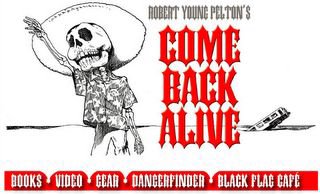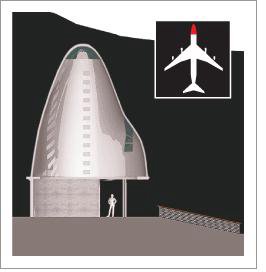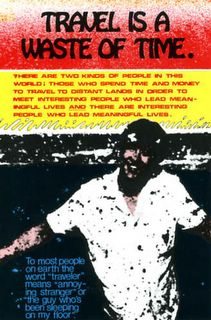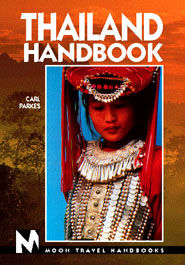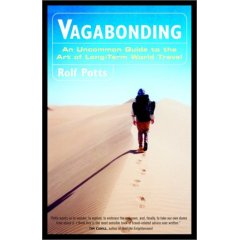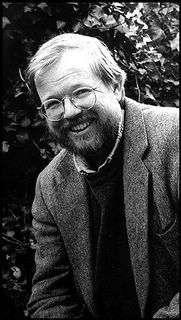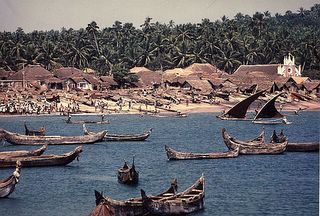 Burning Man by John Curley
Burning Man by John Curley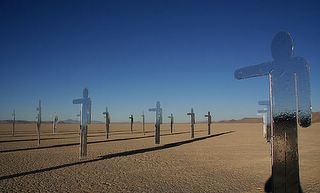 Another Surreal Moment by John Curley
Another Surreal Moment by John Curley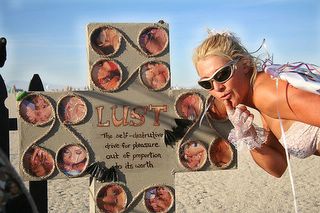 Lust at Black Rock
Lust at Black Rock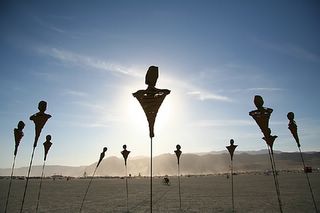 More Burning Photos from Curley Soon!!
More Burning Photos from Curley Soon!!Hope you all had a Happy Burning Man. I know I did, as I entertained both my sister Claudia and my mother Marice here in San Francisco with wine-and-cheese reception at their hotel The Savoy on Geary, then a tour of the lobbies and restaurants of the boutique hotels around the Theater District, then a rocking dinner down at Original Joe's accompanied by my sisters' husband Stan from Ione, and their daughter Heather and her boyfriend Payam, and their curly haired little kid. Also said hello to Maria, the daughter of the original owner of the famous restaurant, and we talked about old times. I once worked there.
Today I drove the standard tour of bayside and oceanside San Francisco for my Mom and Sister, then it was a fine lunch at the newly renovated Cliff House, in the bar section with superb fried calamari, decent cheese plate, and standard pot stickers.
Also, unfortunately, but not so sadly or unfortunately, I just had to turn on Word Verification for my blog at Blogger. It's fairly easy for you to make blurbs at this site and at my other blogs. To make a comment, you must first read a random set of letters and numbers, then type those letters into a filtering system before you make your comment. End of comment spam.
P.S. My first Burning Man was here in San Francisco when I went down to Baker Beach with Terra and we watched Harvey and the Burners erect a 60 foot wooden statue in Japanese style, which they intended to burn soon after sunset. Unfortunately, SF and the Bay Area had been going through a very severe drought for several years, and it was very dangerous to be setting off such a large fire, no matter that it was on the beach (moved from Ocean Beach near the Cliff House, where I had lunch today).
A few fire anarchists tried to ignite the fuel soaked wooden man, but most people were understanding and cooperative and realized the danger. The final Burning Man in San Francisco was never ignited, but put into storage for the coming years.
The next year the event moved seven hours northeast to Black Rock in the Nevada desert.
